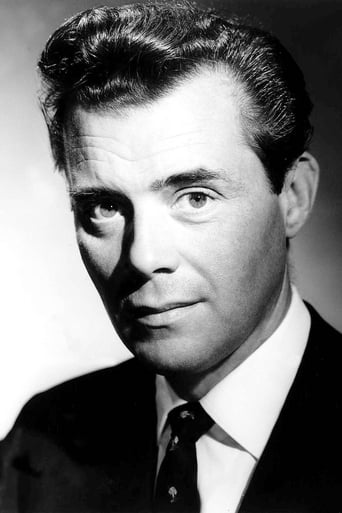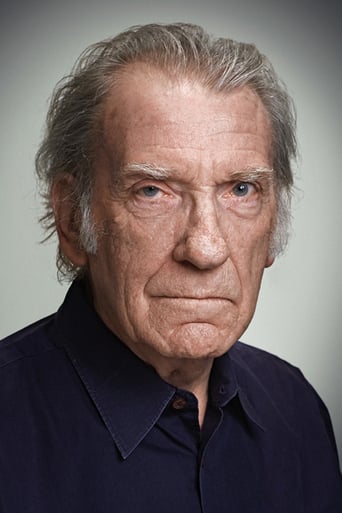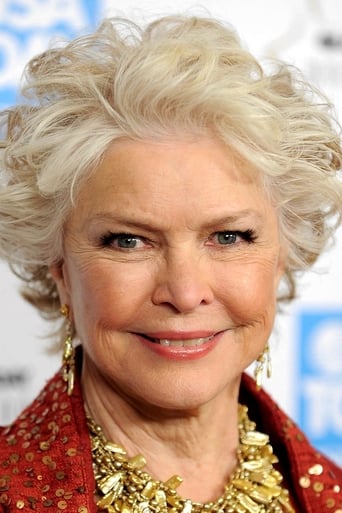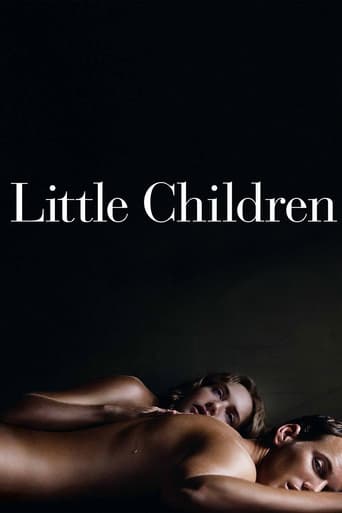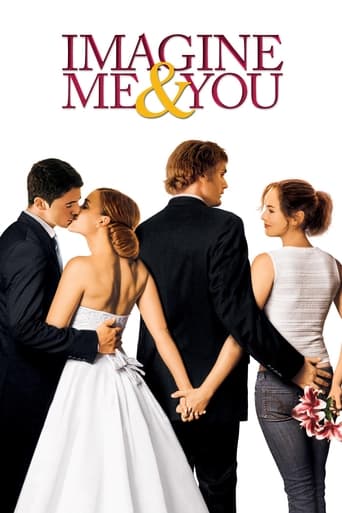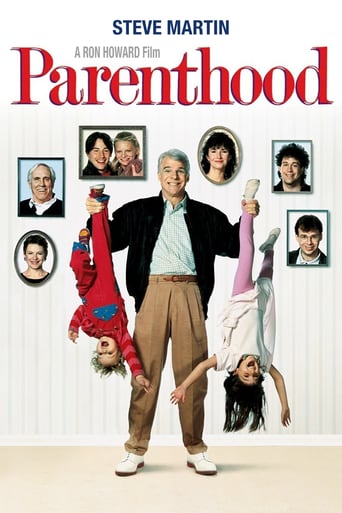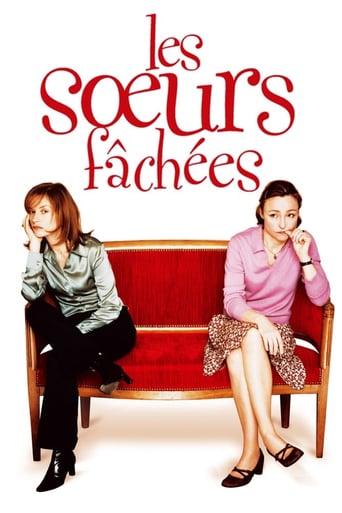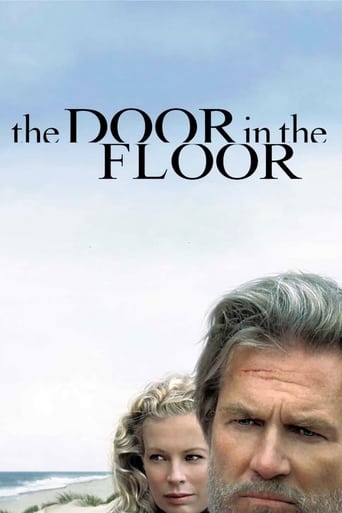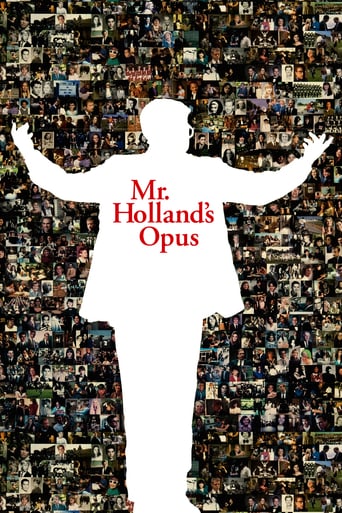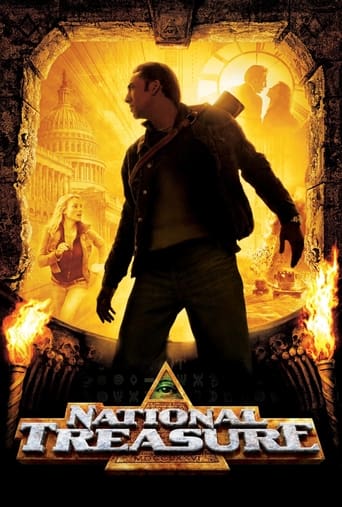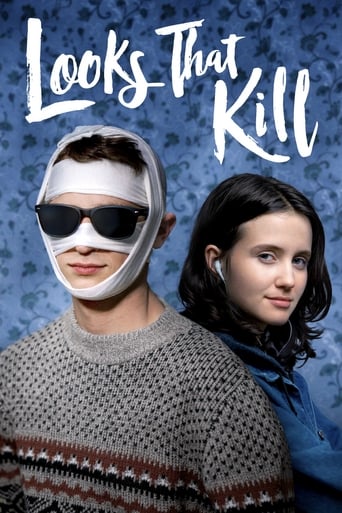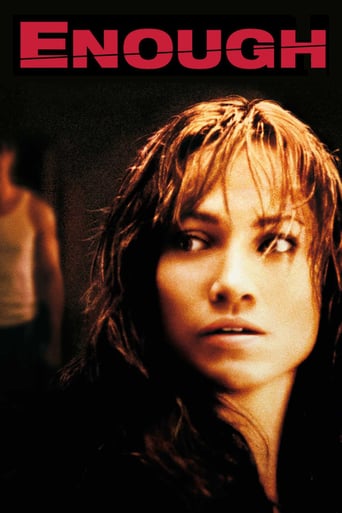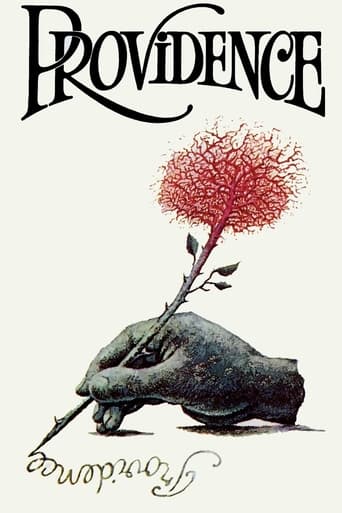

Providence (1977)
On the eve of his 78th birthday, the ailing, alcoholic writer Clive Langham spends a painful and sleepless night mentally composing and recomposing scenes for a novel in which characters based on his own family are shaped by his fantasies and memories, alongside his caustic commentary on their behaviour.
Watch Trailer
Cast


Similar titles
Reviews
John Gielgud stars as an old, dying, drunken writer, who spends a sleepless night thinking up his next novel's story in between bouts of pain and self-reflection. Most of the film is his imagined story, with a haughty lawyer (Dirk Bogarde) who has recently lost a case against a soldier (David Warner) who has committed a mercy killing. The lawyer's wife (Ellen Burstyn) brings the soldier home after the trial, and there is much back-biting and threats of adultery. The lawyer himself is also having an affair, with an older journalist (Elaine Stritch). One of the complicated factors in the film is that the writer has envisioned people from his real life as his characters: his sons are the lawyer and soldier, his daughter-in-law the unhappy wife, and his own deceased wife as the lawyer's mistress! Also in the story-within-the-story is a lot of background action involving young soldiers rounding up the elderly and placing them in concentration camps, as well as the threat of terrorist bombings.This film is a brutal and honest study of the creative process. Gielgud was one of the English language's greatest stage actors, but filmmakers never seemed to use him very well, at least not often. Here he has arguably his finest role, and even if just for his delivery of the film's final line, I would say he deserved an Oscar. Bogarde as well is fantastic, and just as deserving of accolades. The film also boasts some truly remarkable art direction and set design. I'm not sure how many of the exteriors and interiors were sets and which were locations, but they looked exquisite, even down to some H.R. Giger paintings on the wall in one scene. From what I've read, this film was poorly received here in the U.S., but was a great success commercially and critically in Europe. Recommended for the more adventurous film goers.
At the age of 90, Alain Resnais' new film YOU AIN'T SEEN Nothing' YET (Vous n'avez encore rein vu 2012) has continued to stun the Cannes this year, although ended up empty-handed, which reminds me a cruel matter-of-fact that Alain has eluded my watch list completely, so as a starter, PROVIDENCE, his 1977 experimentally maturer work may suit the case, plus it's in English.So conspicuously, Resnais' opus is quite difficult to chew, the film charts an aging writer's one sleepless tormenting night with his imagination world of a plot mingles with his closest relatives, profoundly literary and surrealistic. The interrelation among its characters are not being unveiled until the last episode of a real world luncheon for the writer's 78 birthday, when his two sons and one daughter-in-law arrive, there is a pure revelation in this paragraph, no matter how irreverent or symbolistic its previous segments are, Resnais did manifest that the deepest humanity underneath a well-protected hypocrisy, an individualist rumination.The film might be uneasy to watch since the performances are flaky (David Warner is rather awful and hollow in it), the structures with their implausible consequences are never quite straightforward enough to be participated enthusiastically. Dirk Bogarde and Ellen Burstyn are less-exploited reckoning on their knack, so only Sir John Gielgud's soliloquy of a pain- molested night is a substantial career-defining work, but the sway is too marginal to lift the whole film. For me, watching the very first work of a maestro is always a tentative challenge, as it hardly gives any trace of characterization or personal antics there to dig, but I smell somewhat of a bourgeoisie blasting and sarcasm which I don't quite comprehend yet whether could be pigeonholed among one of Resnais' trademarks or not, but the film's heady otherworldliness surely invites me into a distinguished world of Alain Resnais, hope PROVIDENCE is not the best he is able to bestow.
This is one of the strangest movies I know. French intellectual aesthete meets contemporary British playwright - this should be the title of Providence. When two completely different cultures meet for a common project, the risk of failure is enormous. But in this case something interestingly and uniquely hilarious was created. Providence is a feverish dream that was successfully created for the screen.The dream sequences of an old, dying writer, played by John Gielgud are absurd in a very British way. John Gielguds's upper class "king's English" voice-over adds effectively to its strangeness. As usual in contemporary British plays, sex and bowel movements are of the utmost importance . no, the script as a whole is neither very original nor particularly funny. I liked the incongruous, illogical situations though. Every now and then, in the most impossible situations, a strange, sickly looking football player (he seems to have fallen off Monty Python's Flying Circus) jogs limply past.Director Alain Resnais is responsible for the dreamscapes, and they make Providence worth watching. Real settings are artfully distorted into haunting, surreal spatial sequences. Foreground and background, light and darkness, different textures and beautiful color arrangements are expertly arranged into a world of its own that is never too far from reality. One is sometimes reminded of Magritte's surrealistic paintings. Strange sounds add to the almost psychedelic effect the dream scenes have.The acting is remarkable, especially Dirk Bogarde as the writer's slick, cynical «dream son» gives an outstanding performance.
A double header of complex imagination (first part) and painful recrimination (second part) in this film of deep feeling and hurt seen through the eyes of the dying author (John Gielgud). David Mercer's script includes all his life long angst of the relationship of father and son, although now in his final years fought out with more complex and participating female characters in the ghost of his dead wife, who doubles as his son's mistress (Elaine Stritch) and daughter-in-law (Ellen Burstyn).The acting is pure poetry with John Geilgud at his refined best as the drunken and dying author in part celebrating his life of drunken womanising and in part regretting the pain that he has caused, in particular to his family. Dirk Borgarde performing the impossible task of being two imaginary characters and one real one with seemless effort. As the son of the dying author he carries all the pain and hatreds of the dying father both in the old man's fantasy and in his real life of inherited disillusionment. His relationship with his wife and mistress (in practice his mother! complex eh!) changes from the deeply loving to the perceive accusatory of the old man's increasingly drunken imagination.Ellen Burstyn gives one of her finest film performances as the long suffering wife ,but in the end all the plaudits go to the writer. The style may be only that of the one-liner but each of them hits as an aphorism from the greatest of philosophical minds. The revolving characters of the final part of the authors dreaming make a bewildering tapestry of the imagination.A fabulous movie, but one that will take many viewings to actually comprehend the complexities of it. Set that video!!


